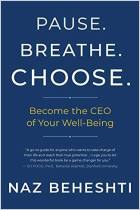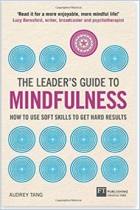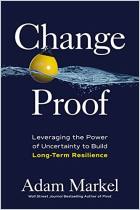Join getAbstract to access the summary!

Join getAbstract to access the summary!
Leah Weiss
How We Work
Live Your Purpose, Reclaim Your Sanity and Embrace the Daily Grind
Harper Wave, 2018
What's inside?
Mindfulness lets you decide how you want to be in the workplace, and beyond.
Recommendation
Based on her popular course at Stanford University’s Graduate School of Business, corporate leadership consultant and professor Leah Weiss offers a clear, thoughtful guide that helps you understand how mindfulness can assist you in finding purpose, reflecting on failure and bettering your work life. Mindfulness lets you recognize when your attention strays and allows you to guide it back with intention. It helps you develop soft skills such as compassion and teamwork. Mindfulness training enables employees and leaders to support one another, challenge the status quo, embrace “radical transparency” and grant the “whole self” space at work.
Summary
About the Author
Researcher, professor, consultant and author Leah Weiss, PhD, teaches compassionate leadership at the Stanford Graduate School of Business. She is the principal teacher and founding faculty for Stanford’s Compassion Cultivation Program, conceived by the Dalai Lama.



















Comment on this summary